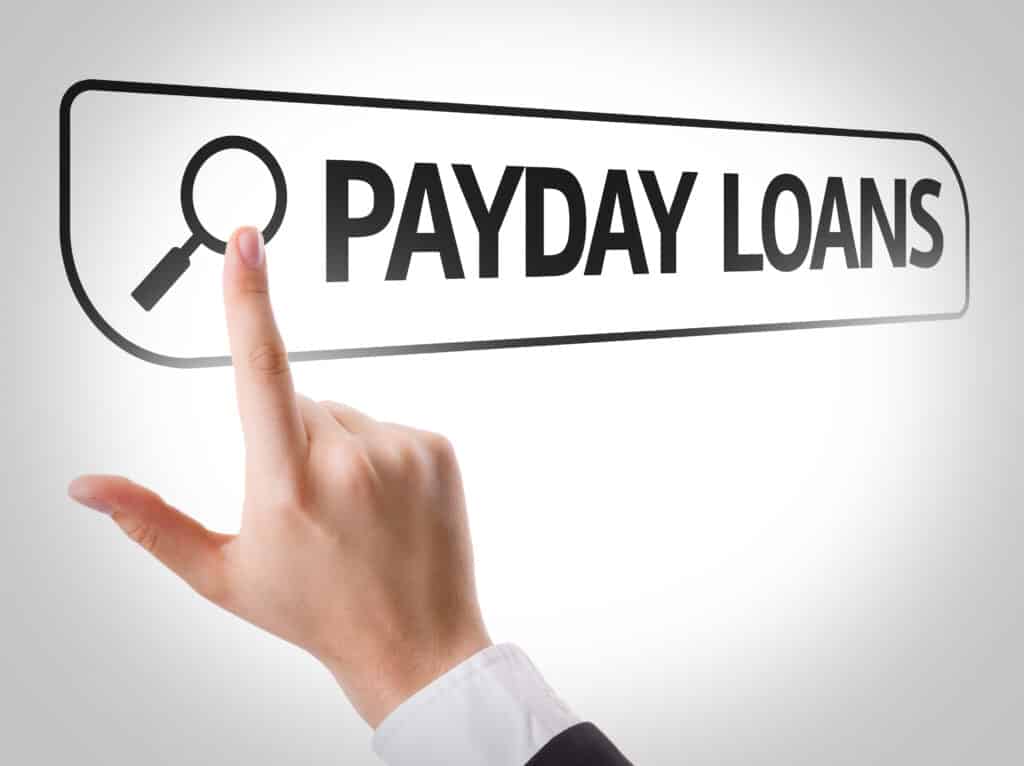Imagine this scenario: you are short on cash because your pay is delayed, or perhaps you suddenly got an unexpected bill to pay.
You do not have any credit card, a check overdraft protection at the bank, or a friend or family member for help. For some reason, these options are not available to everyone.
What do you do?
You may have heard of payday loans, or you may have read about them somewhere.
It’s a loan that provides quick cash with low costs. The amount lent ranges from $100 to $1,000 and is repaid on the next payday or in a few weeks. You can use it for almost anything, such as paying bills, home repairs, car repairs, or medical expenses.
Payday lenders use your next salary as security for the loan and earn interest. This article discusses the payday loan in more detail.
Let’s start by understanding what they are and how they work. It will help you know if you should consider taking one if you need money.
Payday Loan Are Small Loans
You should only take a payday loan if you need a small amount of money.
The median loan amount for a payday loan is $350. However, it can still range from $50 to $1,000, depending on your state laws. As of now, 32 states in the country allow payday lending with a capped maximum amount.
If you need a large sum of money, you may want to look for another option. However, since the loan amount is only limited to a few hundred bucks, it would be easy for you to pay it back.
It’s a type of Short-Term Loan
Aside from being a small-amount loan, it’s also a short-term loan, which means that you will have to repay the loan with its interest rate in a short period.
You will have to pay a lump sum amount for your loan, including principal and interest. Commonly, borrowers pay it on their next payday.
Interest Rate of a Payday Loan
Unlike other loans with low interest rate, a payday loan’s average interest rate is 15% to 20%. However, it will still depend on the lender.
Hence, you must research before applying for a payday loan. Compare the interest rates offered by lenders and choose which one can provide you with the lowest rate.
In addition, lenders also refer to the payday interest rates as a financial charge. A typical payday loan will look like this:
For a loan amounting to $250, you will be charged an interest rate of between $37.50 to $50 in two weeks. So, you will have to pay the lender a total of $287.50 to $300 when your loan matures.
No Credit Check
One thing that makes it a favorite emergency loan option is that it does not require a credit check. It means you can still borrow money from a payday lender even if you have a bad credit score.
The second benefit is that no inquiry will be made against your account. Therefore, you’ll never have to worry about your loan application reflecting on your credit history.
Requirements of a Payday Loan
Before you apply for a payday loan, you have to prepare the requirements a lender might ask from you. Most lenders will require their borrowers to provide the following:
- The borrower must be at least 18 years old.
- Must have an active checking account.
- Proof of income
- Valid ID
Remember that the requirements will vary depending on the lender. Some lenders might require additional documents from you, but these are the most common ones for acquiring a payday loan.
How Payday Loans Work In General
A payday loan is different from other loan options available. Once your application gets approved, you will immediately receive cash or a check. Some lenders will even deposit the loaned money directly into your account.
Depending on where you live, you can apply online on the lender’s website or mobile app. But if you’re not too good with tech, you still have the option to apply directly in their physical branch.
Various states have different laws for payday loans, and they govern the limitation imposed on the allowed amount offered for a payday loan.
A Payday Loan Can Be Your Best Option
In case of emergency, you can always rely on a payday loan. As long as you understand how it works and fulfill the requirements, you can apply for it anytime you need money. Just make sure to repay it on time to avoid getting trapped in a never-ending debt cycle.


